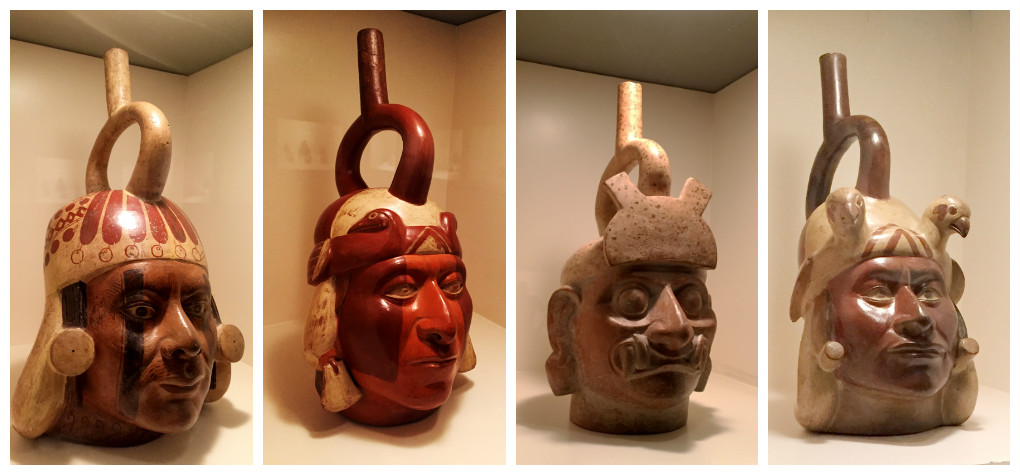Character Creation
Here are the quick facets of Character concepts that anybody joining the campaign should consider:
Gender
Women's autonomy and their capacity to fulfill traditionally male roles are heavily respected in the matrilineal Yunka world (and vice-versa). Although there is generally gender segregation in particular societal roles (warriors are usually male, the clergy is mostly female) players should not consider gender as a limiting factor in your character's narrative possibilities.
Class:
Is your character a peasant, a member of the clergy, or a member of the nobility? These classes should be thought of as not so much a reflection of your power or skills but of the kind of story you want your character to tell.
Peasants in the Yunka world can be one of any number of labor professions living in a work-centric community or as a specialized craftsman attached to a specific noble house. As a member of the common class your goals will be geared more towards survival and the interests of your community. In the Yunka world it is very possible for economic communities to contest their exploitation by the nobility, and in fact it is usually considered the aristocracy's responsibility to compete for their tribute based on whether or not they can militarily provide for a community's welfare. A specialized craftsperson will find themselves especially tied to the political situation of the House in which they are embedded with varying degrees of influence over their pa/matricians.
The Clergy refers to a wide variety of religious officials of various faiths, practices, and gods. Officials serve the various deities, both the wider pantheon of the Yunka world and personalized local deities such as landmarks, mountains, idols, or mummies. The roles of such officials are as wide as libations, offerings of prestige goods, enduring physical ordeals, blood-letting, ritual homicide, shamanic magical rituals, spreading the faith, and offering divination and services to the community. An overview of the broad outline of religion in the setting is available here: Cults and Religious Movements of the Yunka World . Players are encouraged to get creative!
A member of the nobility's responsibility is to his ancestors, his house, and the gods that favor them. In order to uphold his or her standing the nobility take up the armor, the shield, and the war club, and go forth to hunt their prey. They are venators of fortune, seeking to acquire the sacrifice of their enemy's blood and to inspire terror in their subjects! They compete to control the villages and the rivers for their tribute. Some even go in search of treasure in the ruins and tombs of the land and on pilgrimage. The college of the nobility is shared by engaging in feasts and solidifying bonds in shared activities and gifts. Many grow up together in shared academies where they practice ball sports, luxury crafts, and train for combat.
Name and Ethnicity:
There are basically three ethnicities in Yunka society who participate in a shared culture. Many members of society are bilingual and so there is not often communication problems between the three despite that they are actually fundamentally unrelated languages in shared contact with one another over many centuries. Click on the language page of each for a list of personal names to choose from for your character.
Muchik
Muchik is spoken by the generally inland people from the Lampatep province down south through the Shektepec province. Most of the Muchik nobility is bilingual and Quingnam is the sacerdotal lingua franca of the coast. Rural people in the Muchik reasons might not encounter Quingnam or Pescadora in daily life.
Quingnam
Quingnam, or 'Lord's Tongue' is the language of those who live in the Shektepec province and south across the great coastal deserts to the city of Pachakamac. It is a shared language across the Yunka clergy and shares some of its coastal vocabulary and idomatic imagery with Pescadora.
Pescadora
The fisherpeople's tongue is somewhat different. Pescadora is a language unrelated to Quingnam but sharing some vocabulary with it, that extends all the way across the whole coast, but is only spoken by fishermen and coastal people. The language was spoken long before Muchik or Quingnam entered the region, and so has long been influenced by the speech of the Polynesian explorers, merchants, and conquerors who graced its shores. The Fisherpeople have a somewhat ambivalent relationship with mainlanders but participate in their religion and customs, offering them significant tribute. Fisher children who eschew the familial life for adventure can become pirates on the open seas or defenders of their communities that give their overlords a great deal of problems. Pescadora villages also have the ability to "vote with their feet" and move up or down the coast if they find their particular 'patron' disagreeable. You should tell me if you want to do a Pescadora character because I haven't made up the language yet.
If you are playing a Noble character or any other character attached to a noble house you should pick out:
The Yunka Houses
Choose a house name in the province you want. Flesh it out if you have an idea for it.
Heraldry Symbols
Choose an animal and an attribute to serve as your totemic heraldry.
Questions you should be able to answer:
What kinds of stuff do you have? What weapon do you use? What do you do? What's your style? What gods do you worship? What is best in life? What do you want?
Remove these ads. Join the Worldbuilders Guild









Comments